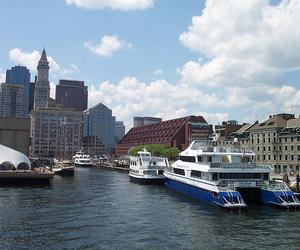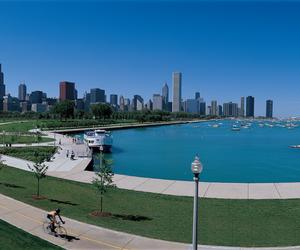How long do you have to wait for a bus in your city? How much does it cost? Does every family on your block have two cars? And tell us about your bikeshare program…

The Natural Resources Defense Council (NRDC) has been asking questions like these to determine their list of 15 Smarter Cities – places with shorter, cheaper, and more efficient commutes.
They split the list into big, medium and small cities. Have a look:

2011 Smarter Cities for Transportation
Large (population > 1 million)
Boston, MA/NHChicago, ILNew York, NY Portland, ORPhiladelphia, PA/NJ San Francisco, CAWashington, DC/MD/VA/WV
Medium (pop. between 250,000 – 1 million)
Boulder-Longmont, COHonolulu, HIJersey City, NJNew Haven, CT
Small (pop. < 250,000)
Philly got bonus points for its transit initiative to connect people to fresh food. Boulder scored high for its brand-new Transportation Master Plan, which incorporated the public in the planning process and indicates “a serious commitment to responsible travel within the county.” And Yolo, California boasts a higher degree of transit access – 91 percent of households – than any other similarly sized metro region.
It’s innovations like these that are going to light the way to a future of cleaner air, financially stable households, and healthier cities.





